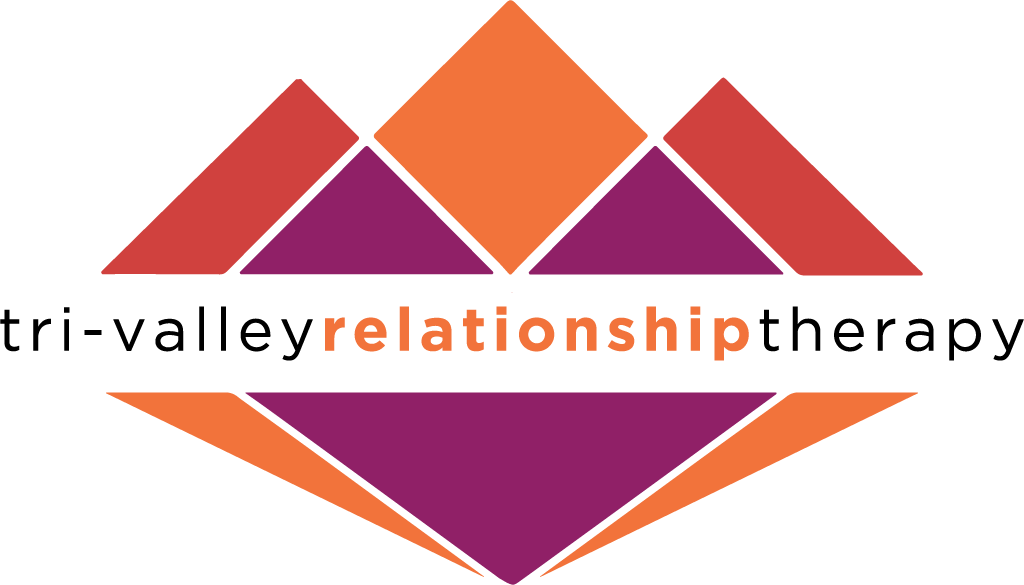Couples Therapist's Tips for Couples With Erratic Work & Sleep Schedules
With the help of PACT principles, couples therapy & marriage counseling at Tri-Valley Relationship Therapy, Inc. in Dublin & Oakland helps couples feel closer & more connected to each other.
In my previous post, I discussed the concept of secure attachment and also a few tips for couples to move their relationship towards secure attachment. One of the many findings of John Bowlby’s (the father of attachment theory) early research in the area of infant attachment was that the absence of caregivers around bedtime was a precursor to insecure attachment, later on in life for the infant. This post focuses on the significance of wake & sleep patterns among couples and how they impact secure attachment.
Many adults struggle with sleep disturbances or have difficulty transitioning from sleep to wake and wake to sleep state. In fact, some people with depression tend to feel more depressed in the morning and folks struggling with anxiety disorders, often experience a spike in anxiousness right before bedtime. In my practice, I often hear my clients complain about insomnia or trouble staying asleep. Poor sleep hygiene often leads to low energy, poor concentration & focus and even memory issues.
In my couples therapy practice at Tri-Valley Relationship Therapy, Inc., I also often hear couples express concerns about the quality of their sleep while co-sleeping. Gender differences account for the quality of co-sleep. In a study conducted by John Dittami, men reported sleeping well whereas women reported experiencing disrupted sleep while sleeping with their partners. However, despite the gender differences in the quality of sleep & co-sleeping, there is consensus among researchers that couples with different sleep & wake schedules experience more relationship distress & spend less time together than couples with similar sleep & wake schedules.
Given the findings, the ideal solution would be for couples to go to sleep and wake up together at the same time every single day to be happier in their relationships. However, the solution is not nearly as pragmatic in the modern era consisting of erratic work & sleep schedules. Dr. Stan Tatkin, the founder of the Psychobiological Approach to Couples Therapy (PACT) recommends landing & launching rituals for busy couples to stay connected.
WHAT IS A LANDING
A landing would be any time you return to your partner, who is also your home base & safe haven, after having been apart. It could be coming home to your partner from work, from the airport or coming to bed.
WHAT IS A LAUNCHING
A launching would be any time when partners separate after being together. They leave their partner or their home base to go to work, to the gym or wake up & get out of bed.
LANDING & LAUNCHING RITUALS
Tuck your partner in:
Since the ideal is not feasible: both partners go to bed at the same time, the second best option is for the partner that is staying up to tuck in the partner that is going to bed. However, make sure that you both take turns tucking each other in on different nights so that you both experience the bliss that comes with being tucked in by your love.
Bedtime rituals:
Let your imagination run wild when it comes to tucking in your partner. You either can snuggle, spoon, cuddle, gaze into each other’s eyes, give each other orgasms, listen to a podcast or soothing music, read to each other or tickle your partner’s back as your bedtime ritual.
Morning rituals:
Again, let your creativity roam free with morning rituals. If waking up at the same time is not an option, the partner that wakes up first should give their sleeping partner a kiss before leaving the bed. If you and your partner are awake at the same time, you can have breakfast together, share a cup of coffee, lie in bed and gaze into each other’s eyes or talk about the day and make sure to have plans for the nighttime.
A helpful exercise for couples would be to set aside a week to perform landing & launching rituals consistently and see if it helps both partners get a better night of sleep as well as feel more connected and close to each other. With consistent practice, these rituals could become a part of your daily routine as a couple and are a simple way of deepening your connection, despite your hectic schedules.
Written by: Nagma V. Clark, Ph.D., L.P.C.C. specializing in sex therapy, couples therapy & marriage counseling, premarital counseling, individual relationship therapy & LGBTQQI couples counseling at Tri-Valley Relationship Therapy, Inc. in the East Bay, in Dublin & Oakland.
If you and your partner would like to deepen your connection with each other, couples therapy/marriage counseling at Tri-Valley Relationship Therapy, Inc. in the East Bay can help. Dr. Clark utilizes the Psychobiological Approach to Couples Therapy (PACT) principles to help couples re discover & renew their connection and experience a more fulfilling relationship.
Call 925-400-3541 or email doctor.nvclark@gmail.com to schedule a free 30 minute phone consult or fill out the contact form and you will be contacted within 12-24 hours.

